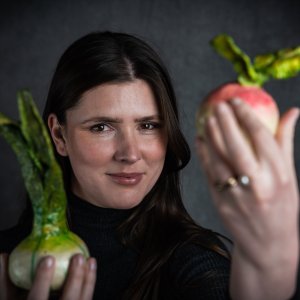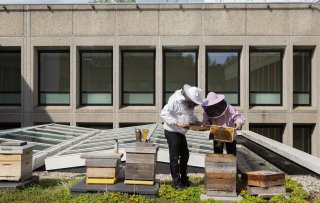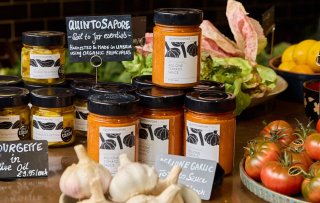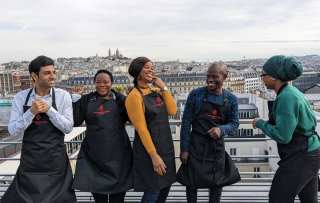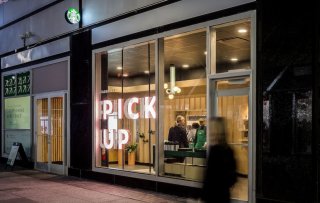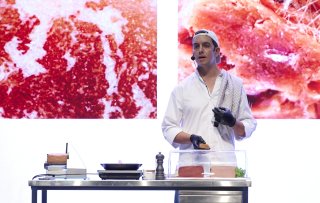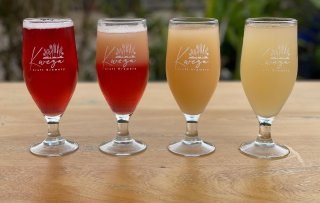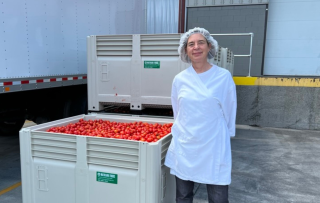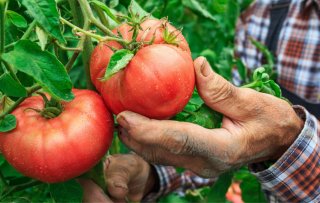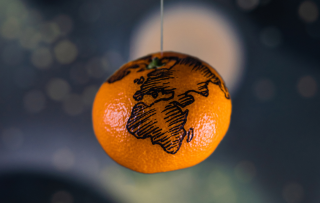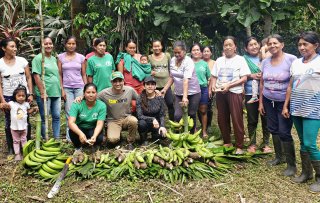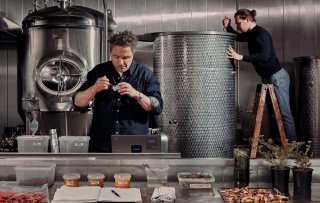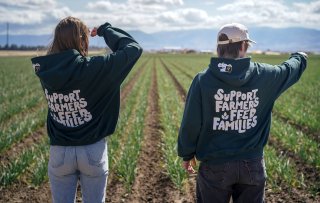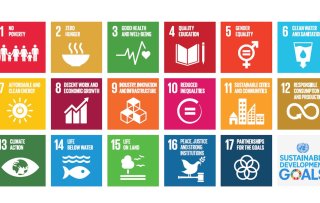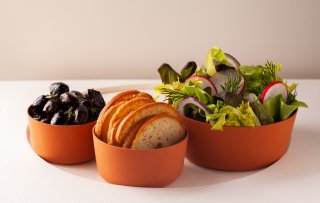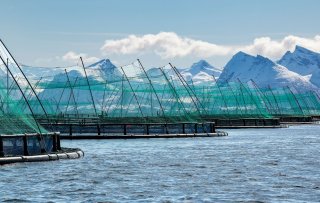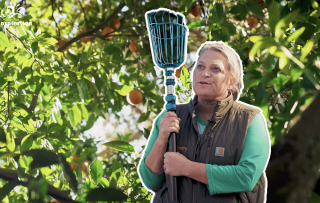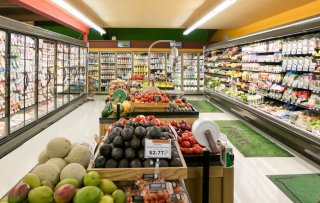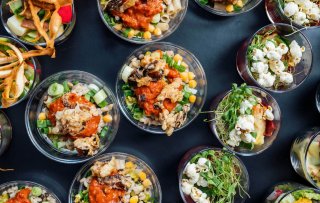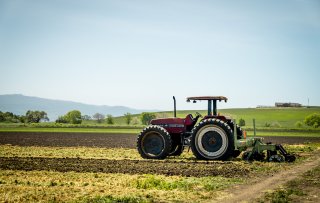Is waste really waste? Globally, 1.3 billion tons of food is thrown away each year. That’s 33 percent of all produced food, aka half a kilo per world citizen every day. When we waste food, we also waste all the energy and water it takes to grow, harvest, transport, and package it. Luckily, there are emerging food entrepreneurs who take food waste and turn it into beautiful new products. Here are three shining examples of this approach.
Kumasi Drinks
TV producer Lars Gierveld felt that cocoa farmers earn far too little, and was inspired to do something about it. Together with his friends Linda Klunder and Rogier Power, Gierveld founded Kumasi, a company that generates extra income for farmers in Ghana by selling juice from the cocoa fruit..
"One cacao fruit is about the size of a rugby ball," Power explains. "Only a small part of the fruit is filled with cocoa beans. The other part consists mainly of pulp. For chocolate, only the beans are needed, so the rest of the fruit is thrown away." A large part of the cacao fruit can still be used to make juice, for example. On a trip to visit cocoa farmers in Ghana, Gierveld noticed that many farmers produce small amounts of juice from their remaining pulp – mostly for personal use. The juice didn't taste like cocoa, but instead like a fruity mix between lychee, mango and white peach. Gierveld had an idea: why not use all the remaining juice left over from the production of cacao beans, and produce a beverage on a larger scale?
For the entrepreneurs behind Kumasi, it was important to work together with local farmers. The process took some trial and error, because making juice is a challenging skill. Power: "Lars was a television producer and I mainly focused on the commercial market. The farmers only knew how to obtain small amounts of juice from the cocoa fruit; producing on a large scale was a different story. That made it an extra fun challenge." Eventually, the team managed to bring the product to market and founded Kumasi, named after the capital of the Ashanti region where cocoa is grown. The startup created two drinks with and without carbonation, which they named the Sappi and the Gassi.
Dozens of farmers are currently involved in the Kumasi project. Power: "We’re at the start and we hope to eventually be able to provide thousands of farmers with additional income." It’s a big ambition, which also requires an increase in drink sales. But Power is confident they will be successful.
Matriark Foods
Matriark foods upcycles food to create new products. Where others see waste, Matriark sees a chance to protect the environment and a better way to feed communities. Their first product to market was a vegetable broth concentrate. By sourcing imperfect produce and surplus from farmers and remnants from fresh-cut facilities, their Upcycled Broth Concentrate makes use of vegetables that would otherwise go to waste.
When founder Anna Hammond started Matriark foods in 2018, her goal was to upcycle farm surplus into healthy, delicious, low sodium vegetable products for schools, hospitals, food banks and other food services.
“Early on, the first thing that I did was to assess the categories of vegetable waste and what’s being wasted most in New York State. I met a number of people who were doing data analysis of food surplus and waste. I also started looking at different food manufacturers and saw enormous waste streams, particularly at fresh cut facilities. The products we make really came out of what was available. Our approach is similar to the way a good chef or home cook goes about making something; they open the refrigerator and ask themselves, what can I make from the stuff that’s in there?'' So when you see massive quantities of onions, carrots and celery going to waste, what's the most obvious thing to make? Vegetable broth!”
Since its founding, Matriark Foods has grown considerably. The company is now selling to large scale food services and working with national and international fruit and vegetable companies on product development. Last year, they made their first big sale to Chartwells, a Compass Group company that provides food for higher education. Matriark Foods also became a part of the Foodbuy Accelerator for minority and women-owned businesses. Hammond: “That's important because Foodbuy is the largest group purchasing organization in North America, which means that we will be able to sell in large quantities across the United States. This means we can reduce food waste on a massive scale; one pallet of our broth concentrate diverts 1500 pounds of vegetable waste.”
PeelPioneers
Dutch company PeelPioneers refer to themselves as 'the rag and bone men of the 21st century'. The company sets a high bar in creating a business model from upcycling – what most people see as waste, PeelPioneers view as a valuable raw material.
PeelPioneers emphasize a variety of possibilities using simple practical adjustments and technical innovation. After making juice, orange peels typically disappear into waste incinerators. PeelPioneers instead uses orange peels as ingredients for biscuits, beer and even detergent. Bas van Wieringen, one of the PeelPioneers’ three founders, was frustrated that so much raw material was being destroyed. "We started PeelPioneers to tackle waste and CO2 emissions." Their first production line opened in 2018, but the annual processing of ten million peels already necessitated a larger plant by 2021. Van Wieringen: "The goal is to triple that number again in the coming years." If this comes to pass, it would make PeelPioneers the largest European processor of citrus peels.
The start-up is currently searching for additional retail and food service companies that want to see their residual peels put to good use. The necessary adjustments for suppliers is simple: the orange peels must be stored in a separate container, not as waste, but as a raw material. Waste processor Renewi, a PeelPioneers partner, collects the peels so that they can be used in a variety of new products.
But it’s not just upcycling waste that’s important to PeelPioneers. The company spends a substantial amount of time optimizing cooperation in the entire food chain. The young entrepreneurs see their suppliers and customers as partners, and aim to make the chain as closed as possible. Van Wieringen: "We respond to the needs of our customers, who are looking for food made with local ingredients. This way, they are no longer dependent on transport from outside Europe and therefore also reduce their CO2 emissions." The goal is to eventually put the products made from peels next to the orange press in the supermarket, so that consumers can see the full story"
 Written by
Written by 
